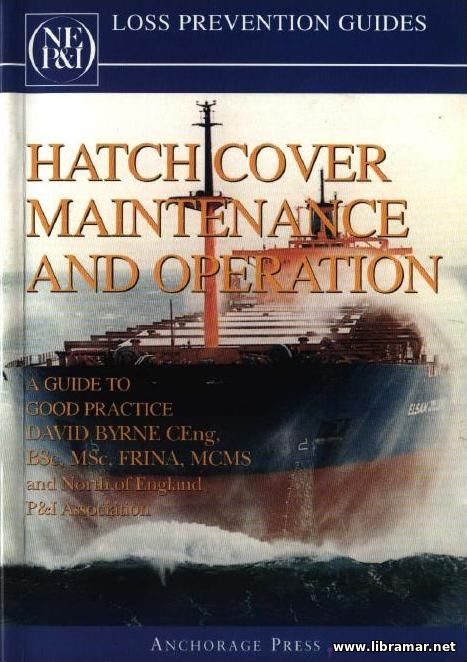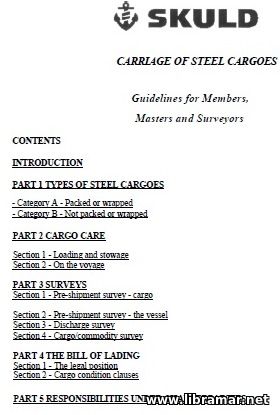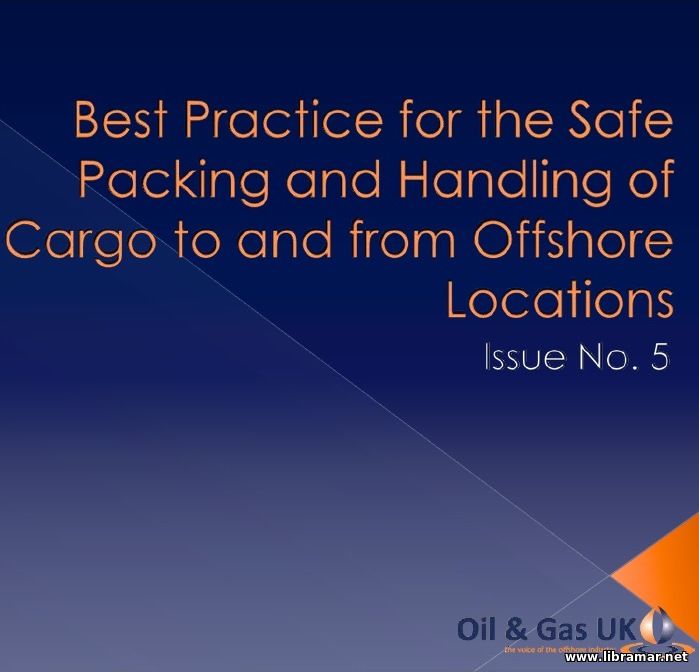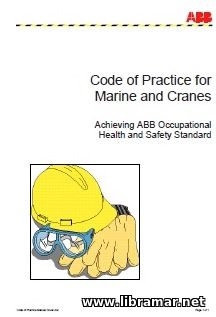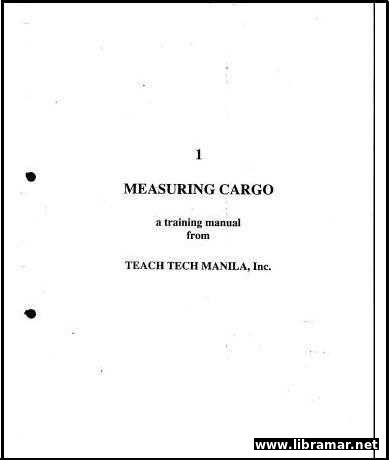
This ultimate goal of the authors of the present training manual was to provide the readers with the knowledge about how they should measure and calculate petroleum cargoes, how they should use the tools and instruments used on board their ships, and how they should understand and value the results obtained from instruments used on board. Finally, we would like to suggest some good and practical routines to be used on board your ship when measuring cargo.
Nowadays, huge part of the world's oil reserves lies somewhere in and around the Persian Gulf. Those reserves are significant and will definitely last for a very long time. Huge amounts of crude oil will be produced and then transported by vessels from the oil producers to the industries. Usually, the oil companies seldom own their own tanker fleets. However, the petroleum products still have to be shipped and oil tankers will for sure continue to work on the high seas though today they are not actually run the traditional way and they are no more owned by the traditional owners.
Most of the vessels are owned by shipping companies and their crews are usually employed by other, managing (in a restricted or "total" way), companies. Marine transportation of oil is a very complicated task...
